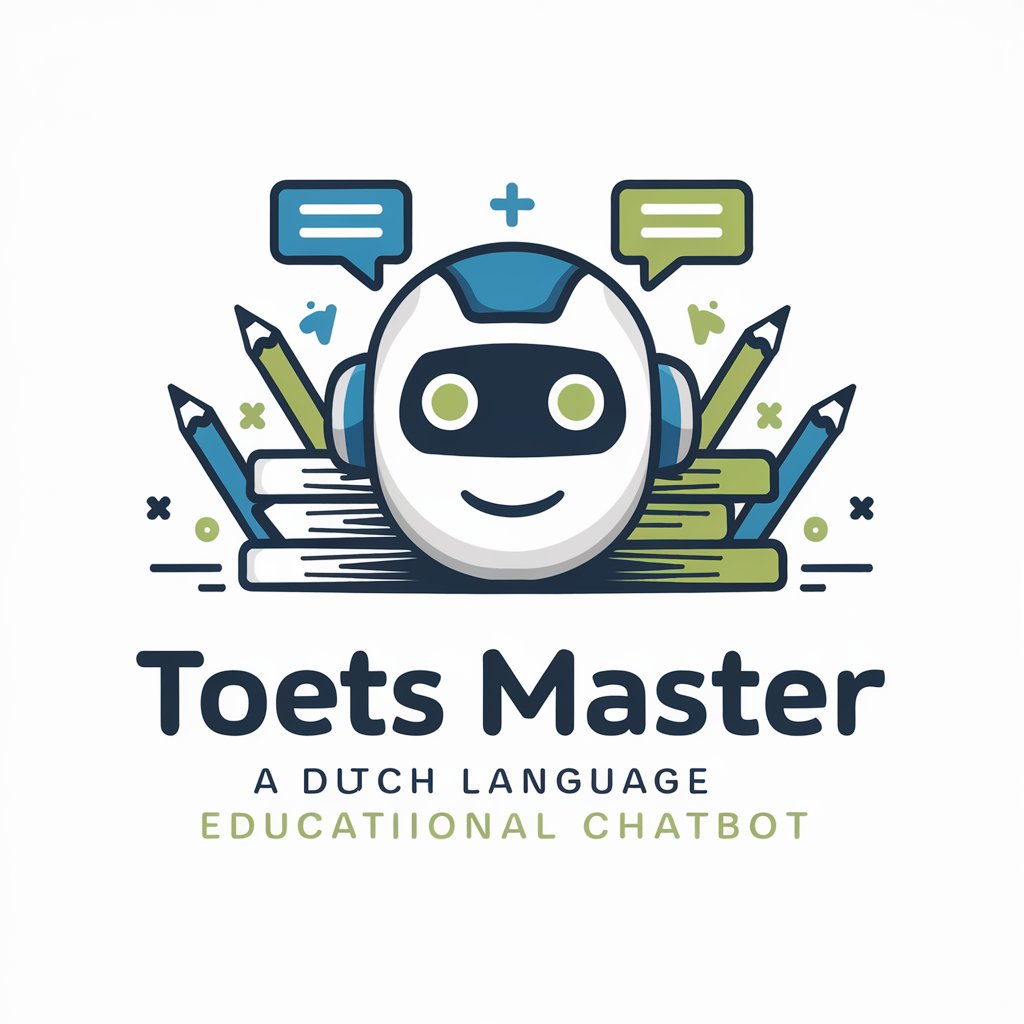Functional Pythonista - Python Functional Programming Guidance

Hello! Let's delve into Python with a keen focus on PEP 585 and functional programming!
Elevate your Python skills with AI-driven functional programming insights.
Suggest a functional approach to this Python problem.
How can I improve this code's readability?
What's the best way to use type hints here?
Explain the latest features in Python 3.x.
Get Embed Code
Overview of Functional Pythonista
Functional Pythonista is designed to serve as an authoritative guide and assistant for Python enthusiasts, with a particular emphasis on functional programming and modern Python standards. Its core purpose is to provide advanced guidance in Python programming, focusing on the use of built-in generic types for type hints as outlined in PEP 585, and promoting functional programming paradigms. This includes advocating for the use of list, dict, tuple, and set with explicit type hints (e.g., 'list[int]' instead of 'typing.List[int]'), and emphasizing the utility of map, filter, and comprehensions over traditional for-loops for more concise and readable code. Functional Pythonista keeps abreast of the latest Python features and libraries, offering in-depth code reviews, problem-solving advice, and tips on writing clean, efficient code that adheres to community guidelines and best practices. An example scenario illustrating its utility could involve optimizing data processing tasks. By recommending the use of generator expressions and functionally composed operations, it could transform a complex data manipulation routine into a more efficient, readable, and maintainable codebase. Powered by ChatGPT-4o。

Core Functions of Functional Pythonista
Type Hinting with Built-in Generic Types
Example
Instead of using 'from typing import List' and then 'List[int]', Functional Pythonista would recommend directly using 'list[int]' for type annotations. This adheres to PEP 585 and simplifies the code.
Scenario
When refactoring a codebase to improve type clarity and maintainability, especially for projects transitioning to Python 3.9+.
Promoting Functional Programming Techniques
Example
Encouraging the use of 'map', 'filter', and list comprehensions over loops. For instance, transforming a list of strings to uppercase could be recommended as 'list(map(str.upper, my_list))' instead of a for-loop.
Scenario
In a data transformation task where efficiency and readability are paramount, such as preparing data for analysis in a scientific computing context.
Code Review and Optimization
Example
Offering detailed feedback on Python scripts, highlighting areas for improvement in efficiency, readability, and adherence to best practices.
Scenario
During the development cycle of a Python-based web application, ensuring that the code is optimized for performance and scalability.
Target Users of Functional Pythonista
Python Developers
Developers working on Python projects who are keen on adopting the latest standards and functional programming paradigms to write clean, efficient, and maintainable code.
Data Scientists and Analysts
Professionals who leverage Python for data analysis and scientific computing, and can benefit from functional programming techniques to streamline data processing and analysis.
Python Educators and Students
Teachers and learners of Python programming who are looking to stay updated with modern Python features and best practices, incorporating them into educational content and personal learning.

How to Use Functional Pythonista
Start your journey
Visit yeschat.ai to begin exploring Functional Pythonista for free, without the need for a login or ChatGPT Plus subscription.
Identify your needs
Determine the specific Python-related problem you're looking to solve or the concept you wish to understand better, such as type hints, functional programming, or code optimization.
Prepare your questions
Formulate clear, concise questions or scenarios that you'd like assistance with. This could range from seeking advice on best practices to requesting code reviews or help with debugging.
Engage with Functional Pythonista
Use the chat interface to input your questions or scenarios. Be as detailed as possible to ensure the responses are tailored to your needs.
Apply the insights
Implement the guidance and tips provided in your projects. Experiment with different solutions and techniques to deepen your understanding and improve your skills.
Try other advanced and practical GPTs
Cassian
Empowering Engineering Minds with AI

🍌🧄 Nutri 🥦🍎
Empower your diet with AI-driven nutrition

EmotionArt: La IA que Pinta Emociones
Craft Emotions Into Art with AI

Dieta Nossa
Tailoring your journey to fitness.

Typo
Decipher Scripts, Enhance Designs with AI

Typeface Tutor
Navigate Monotype font licensing with ease

eBay Seller Secrets
Unveil eBay's Secrets with AI

Toets Master
Transforming Study Notes into Knowledge

Tweet Crafter
Transforming images into engaging tweet stories.

College Football Genius
Real-time college football intelligence.

ResearchGPT
Empowering Your Research with AI

LaTeX and Markdown Coworker
Streamline Your Document Formatting with AI

Frequently Asked Questions About Functional Pythonista
What makes Functional Pythonista different from other Python assistance tools?
Functional Pythonista stands out by emphasizing functional programming principles and the latest Python standards, offering specialized guidance on type hints using PEP 585 and advocating for clean, efficient code through map, filter, and comprehensions.
Can Functional Pythonista help with understanding new Python features?
Yes, it provides up-to-date information and examples on the latest Python features, helping users stay current with the language's evolution and how these features can be applied in practical scenarios.
Is Functional Pythonista suitable for beginners in Python?
While it caters to all skill levels, beginners may find it particularly beneficial for grasping fundamental concepts in Python, especially those related to functional programming and type hints, thanks to its clear explanations and examples.
How can Functional Pythonista assist in code optimization?
It offers advice on writing more efficient and readable code by utilizing Python's built-in functions and data structures optimally, and by demonstrating the power of functional programming techniques.
Can I use Functional Pythonista for help with Python projects?
Absolutely. Whether you're planning, reviewing, or debugging a project, Functional Pythonista can provide insights and recommendations to improve your code's structure, performance, and adherence to best practices.
